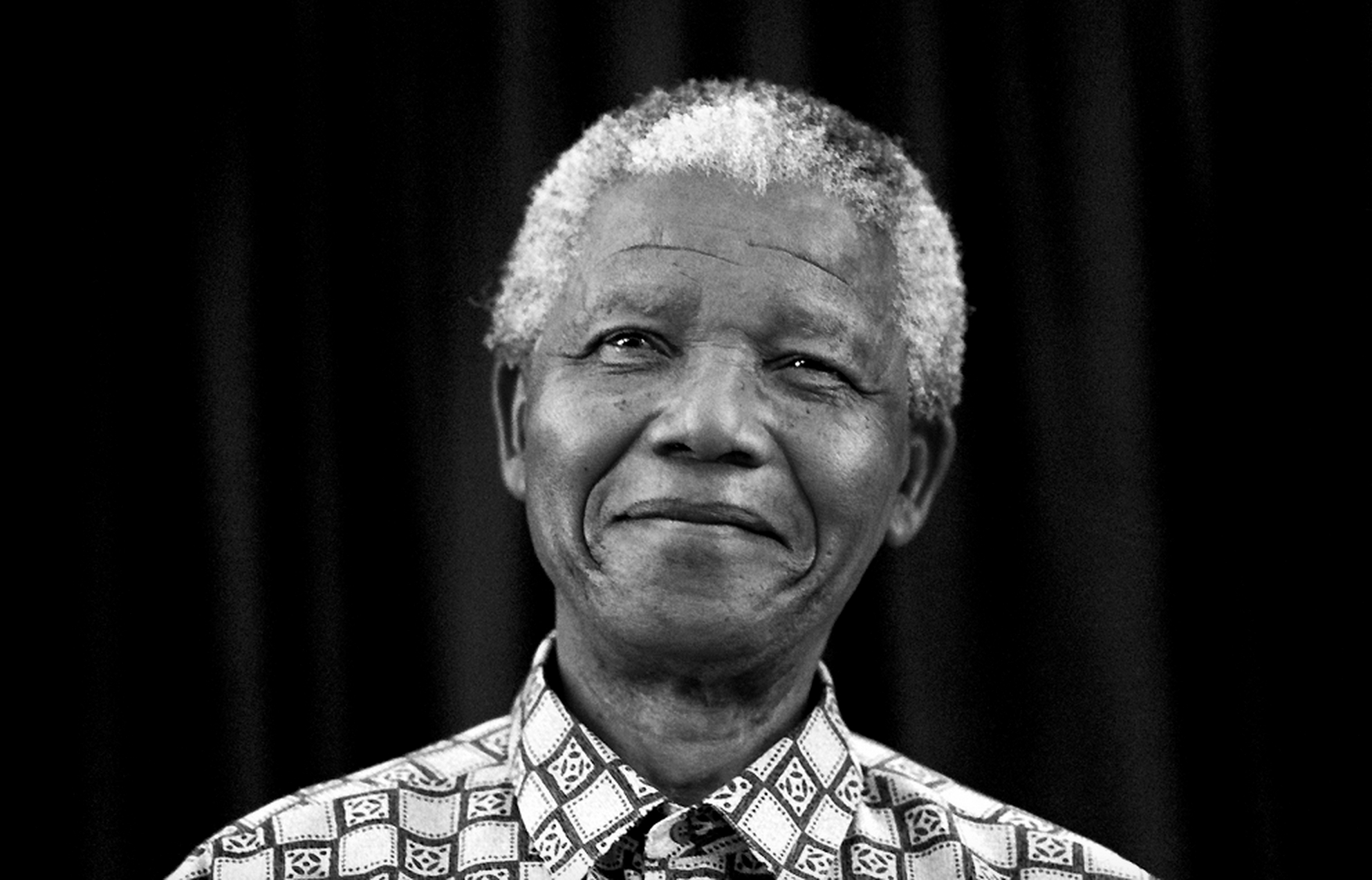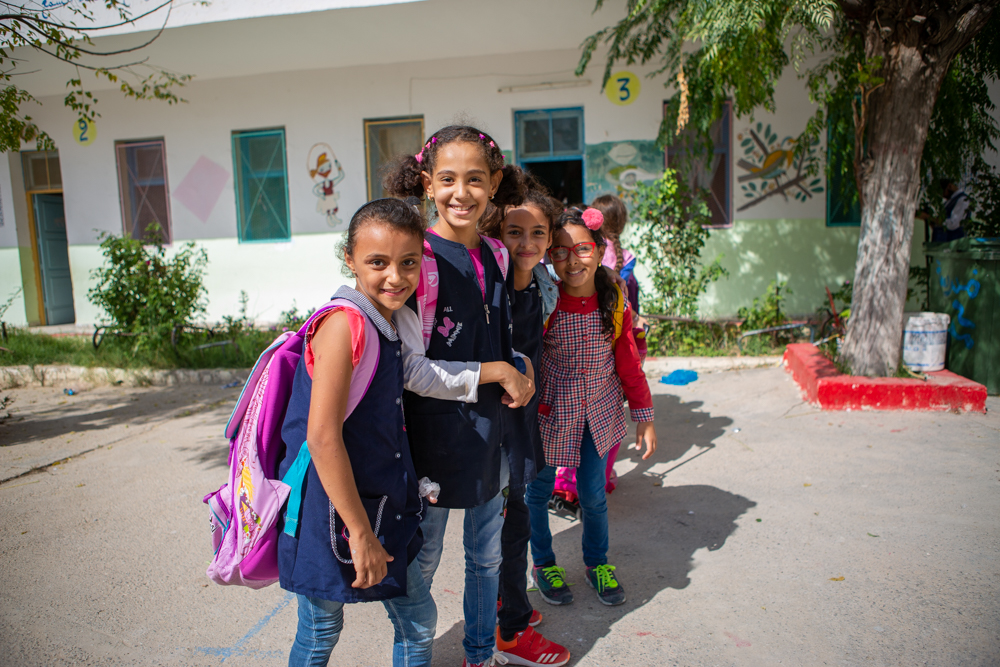The Double Legacy of the Young Muslims of Chapel Hill
Lina Hashem is Communications Specialist at Islamic Relief USA.
The last time IRUSA board member Dr. Hamdy Radwan saw all three of the young Muslims killed Feb. 10 in Chapel Hill, N.C., they were helping others.
Deah Barakat was selling toothbrushes at the masjid to raise funds for dental products for Syrian refugees. He wasn’t yet quite comfortable in the role of fundraiser. “You don’t have to pay for it,” Radwan heard him say. “Just make dua for the people.”
And the last time he saw sisters Yusor and Razan Abu-Salha, they were at an Islamic Relief USA fundraising dinner, pausing for a photo with
their proud father. Artistic Razan was volunteering as a photographer that night.
Radwan, who lives in Raleigh, N.C., watched the three grow up. They were equal opportunity helpers—raising funds for causes from dental care in Syria to humanitarian aid in Palestine. They delivered meals to the homeless in their city. They built homes with Habitat for Humanity.
“If you helped the homeless, they helped you,” Islamic Relief’s Said Durrah said. “If you helped Syrians, they helped you. They didn’t volunteer for organizations, but through them.”
They made friends with everyone along the way, and demonstrated what Islam is through their actions—so much louder than words could ever do.
Reflections of Ourselves
Many stories have been passed around about the three young students, shining light on their lives, not only so helpful—though that was their first claim to fame—but also so beautiful and so normal. They seemed to strike the exact balance of good and fun many American Muslims strive for.
Three students loving their college experience, like so many of us—Deah sometimes late for lectures.
Three young people playing games—board games in their apartment, Deah on the basketball court with his buddies.
Three young people having fun. Snapshots of smiling faces, out with friends. Yusor dancing with her father at her wedding.
For many second-generation American Muslims, their parents remind us of our parents, or our honorary “aunts” and “uncles” at the masjid.
Yusor and Deah even found love in the ideal American Muslim way—meeting like-minded fellow students, but bringing it to their parents and making it halal. And the result was captured in the breathtaking photo of the two, forehead to forehead on their wedding day.
Their story has resonated so deeply among us, maybe because we see ourselves in them—our best selves.
“They feel so close even though they might be far away,” said IRUSA’s Said Durrah, who knew them through their volunteer work. “Whether you knew them then, you know them now.”
People all over the world got to know them in a matter of hours, and to love them. These three who were always there for others—6,000 people turned out for them at their funeral in the middle of a workday. And it wasn’t only Muslims, but many people of other faiths as well.
Durrah and other IRUSA staff members stood in the soccer field as the young women’s father spoke of his daughters and of Deah. The grieving father managed to make attendees laugh about North Carolina school rivalries, and then he made the tears flow again. The sea of people tried to hold their tears back as the janazah prayer started.
“Imagine standing in a football stadium for a moment of silence,” Durrah said. “All you heard was ‘Allahu akbar’ and then sniffs and sobs.“
Durrah said the line of cars heading to the gravesite stretched for miles, making the drive take 1.5 hours instead of the half an hour it would normally take. He said not one car turned around.
Legacy of Love
The news has been full of headlines recently about a small number of Muslims acting very much against Islam’s teachings. It’s worsened divisions to a point of crisis.
These three taught so many classmates and fellow volunteers what Islam really looks like. Their time was short, but the result was huge. Their good actions spoke so loudly they were heard around the world. The world is speaking back, with vigils held around the country and even beyond.
Now their families—in this most unwanted spotlight—are continuing the lessons, this time teaching the world to handle grief with patience, strength and grace. And at a time when Muslims are hurt by double standards, the family has led many of us to hold back our anger and respond in a better way.
These families have brought widespread attention to beautiful examples of what Islam really teaches. And the result is that people run toward us instead of away.
Family members have asked us to remember Yusor, Deah and Razan’s legacy of humanitarianism in serving others. To this, we add another legacy—the lesson of the effectiveness of simply living as good examples of our faith.
May all of us continue to remember their example and serve others with renewed energy in their memory. May all of us remember their family’s example of patience in our own tests. May Allah grant these young people the highest place in Jannah, and may He comfort their families and give them even more strength to continue bearing this tragedy. May Allah expand their legacy to continue to unite this country and the world. Ameen.



